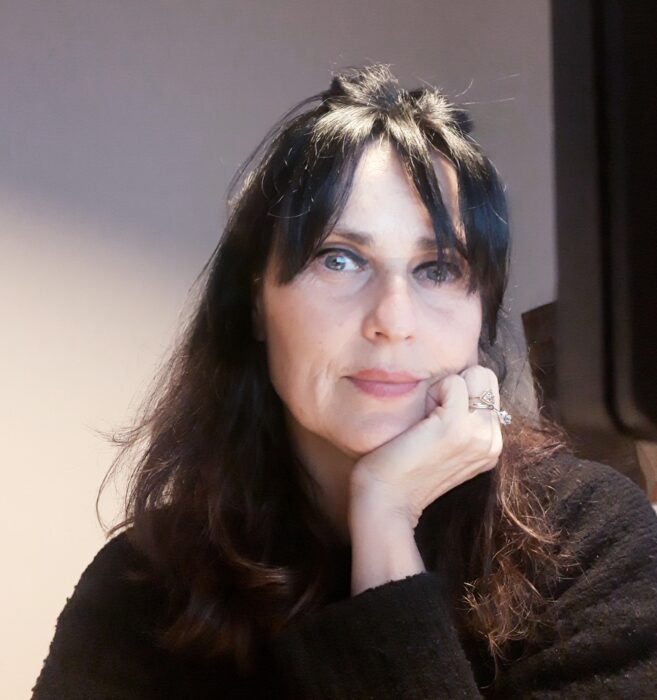The Progressive Post
A European interest: is there such a thing?

Does a European interest exist? And if yes, what are its characteristics? Fascinating as these questions might be, there is no easy answer: even in the case of a traditional polity as a state, there is no consensus on how to define national interest. Even the national interest is considered a rather obscure and analytically frail concept that has been monopolised by realism and is often linked to authoritarian regimes.
Although the state (and, by consequence, the national interest itself) has been eroded from above – by globalisation, multilateralism, regional cooperation and integration, as well as deterritorialisation – and from below – by regions, global cities, independent administrative agencies, the national interest is still pervading the contemporary political discourse. Its persistence depends on several crises that have contributed to reinforcing the state, making it perceived like a protective entity.
When dealing with the EU, the most difficult challenge in applying the concept of national interest is that the EU is a hybrid entity, combining elements of supranationalism and intergovernmentalism. Nevertheless, the idea that EU member states can work to reach a superior interest that transcends all their many parochial interests, which surface when confronting crucial issues, is politically comfortable and alluring. There are at least three main ways in which a European interest could be conceived: the first one considers it as the outcome of the bargaining among the member states; the second presupposes that after many years of European integration, governments and people have developed a common sense of what is good for all; the third holds that crises can have an extraordinary impact on coagulating the Europeans, leading them to imagine a sort of common good.
In the first case, the EU is seen as a highly competitive arena where member states struggle to advance their interests, and the affirmation of a European interest is represented by the point of convergence of various positions, as a consequence of intense political activity, which, eventually, leads to a compromise. The progress of integration is marked by a continuous process of bargaining where each unit seeks to maximise its interests and a European interest exists only if it satisfies everyone’s preferences. The policies decided by consensus are the most exposed to this minimalist logic, while the principle of subsidiarity disincentives the search for common positions. Furthermore, the logic of integration can work as long as the benefits are high, the costs low and the expectations considerable, while ambiguity may arouse and stiffen national consciousness into nationalism if the benefits are slow, the losses high, the hopes dashed or deferred. In other words, only a permanent excess of gains over losses, and hopes over frustrations can guarantee a commitment to integration.
In the second case, the assumption is that after more than sixty years of European integration (implying sharing institutions, values, principles, legislation and policies), having developed a method of doing things together that enhances reciprocal trust and a long experience of socialisation among the people of Europe, the terrain would be ready for elaborating a common European interest. In other words, by producing a form of isomorphism, integration is expected to favour the elaboration of similar views that would make it easier to convene to a shared European interest. Furthermore, the process of European integration has developed within a Euro-Atlantic institutional setting that has oriented the values of the basis of the process of European integration and the policies produced. The belonging of most of the EU members to organisations such as the WB, IMF, OECD and NATO should have further cemented member states. However, a truly European sense of common interest has yet to surface, and divisions persist.
In the third case, the definition of a European interest would be favoured whenever external threats and challenges threaten member states, persuading them that European responses hold more advantages than solitary reactions. It is hard to say if a European interest that is, in essence, the fruit of a response to a crisis is just ad-libbed, or if it can last and impact the EU’s very political core. At the beginning of the spread of Covid-19, egoistic postures among EU member states prevailed: governments engaged in unilateral emergency politics, by closing borders in breach of the Schengen Agreement; breaking the Eurozone’s rules on low deficits and debts. However, as it became understood that no country could stand alone against the consequences of the pandemic, member states entrusted the European Commission with the purchase of vaccines and launched an important recovery fund (750 billion), together with the Multiannual Budgetary Framework of more than €1,000 billion. The war in Ukraine also boosted the EU towards cohesion (see sanctions) and accelerated the process towards strategic autonomy and strategic sovereignty. The concept of strategic sovereignty incorporates the idea of a more autonomous and emancipated polity, that opts to develop strategic thinking in some crucial policies. Member states might gradually be prepared to rework the very concept of sovereignty, finding innovative ways to integrate national perspectives and practices in a European vision when dealing with selected and strategic policies.
It seems that a European interest can result from a convergence through mediation and bargaining among states. Shared achievements in terms of values, policies, legislation, people, socialisation, as well as the patient work of institutions, help subdue conflicts and find common grounds. But as long as executives reinforce intergovernmental practices, even the existent ‘isomorphism’ cannot impede a renationalisation of some policies. So far, certain crises have boosted cooperation among states and brought to a shared diagnosis of the threats posed to the EU, but not yet to a perceived common European interest.
Photo credits: Shuttertock.com/Savvapanf Photo




